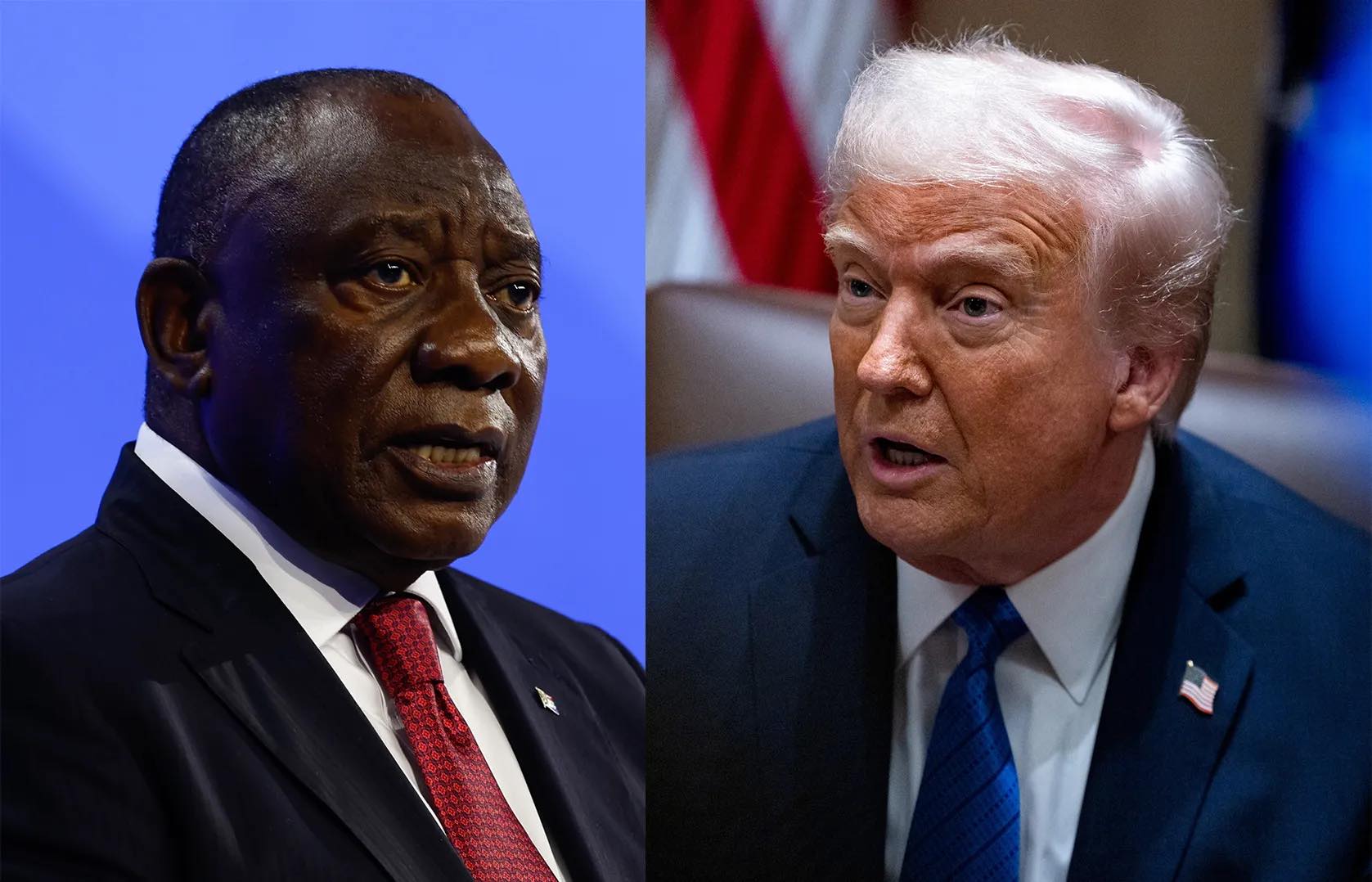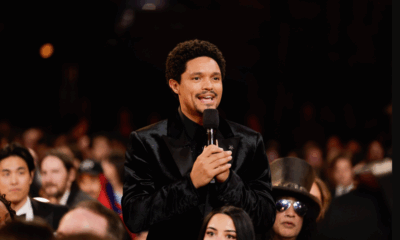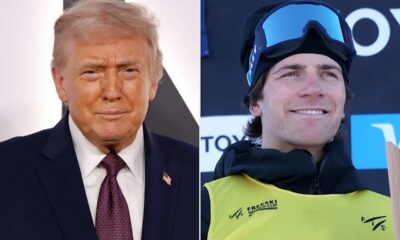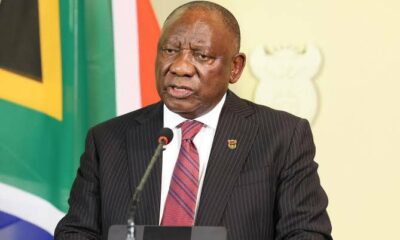News
ANC hits back at Trump’s “racist” South Africa remarks and G20 boycott

“We will not be bullied by imperial nostalgia,” says ANC spokesperson as Trump reignites old controversies
The African National Congress (ANC) has come out swinging against former US President Donald Trump, accusing him of racism, misinformation, and political bullying after his inflammatory comments about South Africa went viral.
Trump, who announced that no US officials would attend the upcoming G20 Summit in Johannesburg, claimed on his Truth Social account that “Afrikaners are being killed and slaughtered and their farms illegally confiscated.” The statement has reignited an old, dangerous myth, one South Africans have repeatedly debunked and sparked a diplomatic storm just weeks before world leaders gather in Johannesburg.
Trump’s boycott draws political backlash
The former president’s remarks were accompanied by his declaration that the United States would “boycott” the G20 event, a move that effectively cancels Vice-President JD Vance’s planned attendance at the November 22–23 summit at Nasrec.
For the ANC, this was the last straw.
National spokesperson Mahlengi Bhengu-Motsiri didn’t hold back, describing Trump as “a man driven by prejudice, not principle.”
“We will not be bullied, defined, or distracted by imperial nostalgia masquerading as concern,” Bhengu-Motsiri said.
She accused Trump of siding with global far-right movements that view African nations through a colonial lens.
“His latest comments on South Africa are an extension of this worldview one that sees African progress as a threat,” she added.
According to Bhengu-Motsiri, the ANC won’t allow “divisive and regressive ideology” to shape how Africa is perceived globally.
Experts: “Trump’s comments are a political strategy”
Political analysts believe Trump’s remarks have less to do with South Africa and more to do with American domestic politics.
Dr Jan Venter, an international relations expert at North-West University, said Trump’s comments were “strategic” aimed at rallying his conservative base ahead of the 2026 US elections.
“Trump wants to isolate South Africa diplomatically and frame it as a state that has betrayed Western interests by aligning with China and Russia,” Venter explained.
He added that the rhetoric taps into Cold War-style politics portraying South Africa’s foreign policy as “anti-American” because of its non-aligned stance on global conflicts like the Ukraine war.
Opposition reactions: caution, but no condemnation
The Democratic Alliance (DA) responded cautiously, saying South Africa’s foreign policy needs to be “principled and consistent.”
DA MP Ryan Smith, the party’s spokesperson on international relations, said the ANC’s approach has blurred the country’s diplomatic direction.
“We’ve long warned that South Africa needs a fact-based, non-aligned foreign policy rooted in our national interests,” Smith said.
However, the DA stopped short of condemning Trump’s remarks outright a silence that some observers say reflects how sensitive the “farm killings” narrative remains in parts of South Africa’s political landscape.
Interestingly, many Afrikaners themselves have publicly rejected Trump’s statements, signing petitions and taking to social media to distance their community from the false “genocide” claims.
A familiar storm and South Africa’s image at stake
For South Africans, this isn’t the first time Trump has made controversial remarks about the country. In 2018, he tweeted about “land seizures and farm killings,” prompting diplomatic pushback from Pretoria.
This time, however, the stakes are higher. The G20 Summit marks one of South Africa’s biggest hosting opportunities on the global stage, and Trump’s boycott threatens to politicize what was meant to be a showcase of African leadership and unity.
Social media users were quick to respond. On X (formerly Twitter), one user wrote:
“Trump can stay home. We’re not waiting for approval from the same people who once colonized us.”
Another commented:
“Brenda Fassie once said, ‘I am not afraid of the white man.’ The ANC should channel that energy right now.”
Beyond the outrage, Trump’s statements touch on a deeper issue: how African nations are still fighting to control their own narratives in global discourse.
As Bhengu-Motsiri put it, “The ANC will not allow outsiders to define who we are or rewrite our story.”
And while South Africa prepares to host one of the world’s most influential gatherings, that message, one of resilience, independence, and identity, might just be the loudest statement it makes.
{Source: The Citizen}
Follow Joburg ETC on Facebook, Twitter , TikTok and Instagram
For more News in Johannesburg, visit joburgetc.com



























